I’m not telling you what to do. But please research, read, and investigate what standard procedures will be done to your baby BEFORE you give birth. A vitamin K injection soon after birth has been recommended for over 40 years. Some nurses have been so indoctrinated into thinking it is ONLY good, and never causes harm, that they resort to secretly administering these shots to parents who refuse. The following Facebook comment is verified as being the actual statement from a nurse working in Labor and Delivery for over 30 years:
One not so obvious implication with this nurse’s ‘well intentioned’ action is that she does not record giving the injection into the patient chart. Imagine if another nurse on a different shift has the same mindset? What if baby were actually given 2 or more vitamin K shots because it wasn’t recorded?
Parents. Inform yourself. Make your own choices. But if you go to a hospital make sure you have a reliable baby body guard who 100% agrees to uphold your wishes. Don’t take any chances. A baby body guard should be incredibly strong – unbending – while very respectful, since medical personnel often get their pride wounded when someone disagrees with them. A baby body guard NEVER leaves baby’s side. It is important to designate someone to this position because a mom may not be able to perform this role in the first few hours or sometimes days, after birth. Dad, grandmother, doula, or good friend are possible choices for this important role.
Did you know….The United States Food and Nutrition Board established the adequate intake (AI) level for vitamin K based on consumption levels of healthy individuals for babies 0-6 months at 2mcg. The injection routinely given to newborns contains 1mg (1000mcg) of vitamin K1.
Vitamin K is promoted to ‘protect’ baby from very rare brain bleeds, but is the vitamin K shot completely safe?
There are two versions of the shot commonly used in US hospitals. The ‘preservative free’ version is manufactured by Amphastar Pharmaceuticals, Inc. and contains 10mg of polysorbate 80.
Here is the black box warning:
The other vitamin K injection, phytonadione by Hospira, Inc., contains 9 mg of benzoyl alcohol (as a preservative) which will target baby’s liver and often leads to baby developing jaundice in the first 2 days of life. Additionally, the impact on the liver may be exacerbated by the 250 mcg of aluminum in the Hepatitis B shot which is also recommended to be given to baby on the first day of life.

Does it make sense to inject every single baby with something that could harm them to protect them from something that occurs so rarely we don’t even keep stats on it?
For more information on whether the vitamin K injection is a good idea for your baby, several key aspects of vitamin need to be explored:
- The role of injected vitamin K in thickening the blood which prevents the delivery of baby’s own stem cells to the vital work of repair, especially to the brain, of birth trauma.
- The critical importance of delayed cord clamping (until cord stops pulsating, which may take up to 10 minutes).
- The amount of vitamin K in the injection.
- The other ingredients in the injections such as polysorbate 80 which is known to open the tight junctures in the brain allowing other ingredients to pass the blood brain barrier.
- Repeated exposure of polysorbate 80 and its role in anaphylactic shock. This ingredient is in the DTaP combination vaccine given in five doses starting at 2 months. It is also an ingredient in the HPV vaccine, which has one of the highest number of vaccine adverse events reported to VAERS.
I’ve collected information with citations in previous blogs:
Vitamin K in Brief
The Vitamin K Push
Vitamin K Links
Are there alternatives to injecting vitamin K? Many moms are comfortable with increasing their own stores of vitamin K by eating lots of green leafy vegetables late in pregnancy. Breastfeeding is so important for every aspect of baby’s longterm health, and will also convey the right amount of vitamin K. If you still feel fearful of not giving your baby the standard vitamin K injection, you can choose to give baby oral vitamin K instead.
In 1992, the Netherlands eliminated the vitamin K shot in favor of administration of 1 mg oral Vitamin K at birth followed by daily doses of 25 mcg from week 1 to 3 months of age in breastfed infants (source).
In Switzerland, a slightly different oral vitamin K protocol is used, which consists of weekly 1 mg oral doses for 2-3 months.
The result of this change? No cases of Vitamin K Deficiency Bleeding (VKDB) – even late onset!
If your healthcare provider is leading you to believe that there aren’t safe and effective alternatives to the toxic vitamin K shot, time to call them out on their ignorance. https://www.thehealthyhomeeconomist.com/skip-that-newborn-vitamin-k-shot/
Parenting is one of the most challenging and rewarding experiences of our lifetime. Once an injection is given, it cannot be taken back. Please research exactly what you want your baby to be injected with BEFORE you have to make the decision. Parents need to increase their intuition and decrease their reliance on medical doctors.
Why Are American Doctors so Clueless?
The infant mortality rate in the US is absolutely abysmal, ranking in 34th place after countries like Singapore, the Czech Republic, South Korea, Croatia, and Cuba. This despite having “the best” medicine in the world—and spending more than any other country on health care to boot. It’s quite clear that Americans have a lot to learn with regards to what makes for a healthy baby.
Long-term health does not at all appear to be correlated with getting an abundance of injections. We’re missing something, and I believe that something is really fundamental and basic. Many Americans do not trust their bodies to do what nature intended their bodies to do. The human body is imbued with the power to self heal, if given adequate support. https://articles.mercola.com/sites/articles/archive/2014/08/12/vitamin-k-shot-newborns.aspx

All my love,
Becky
Author: Becky Hastings, wife, mother, grandmother, passionate follower of Jesus and truth. As a breastfeeding counselor for over 25 years, Becky is devoted to helping parents make wise decisions for the long-term health and wellbeing of their babies. As a member of a Vaccine Safety Education Coalition, Becky writes and speaks on the topic of vaccine safety. Becky loves mountain biking and appreciates donations, which mainly encourage her.

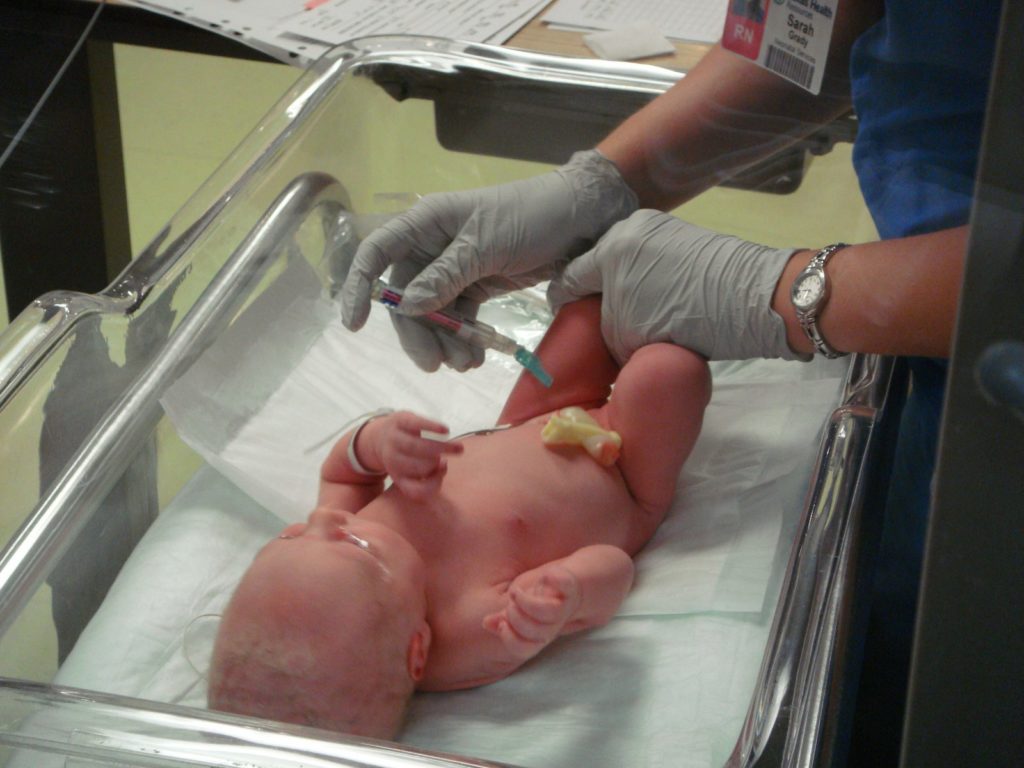
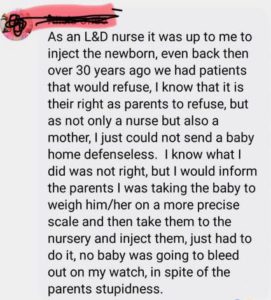
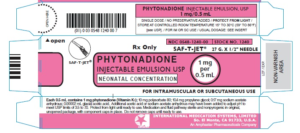
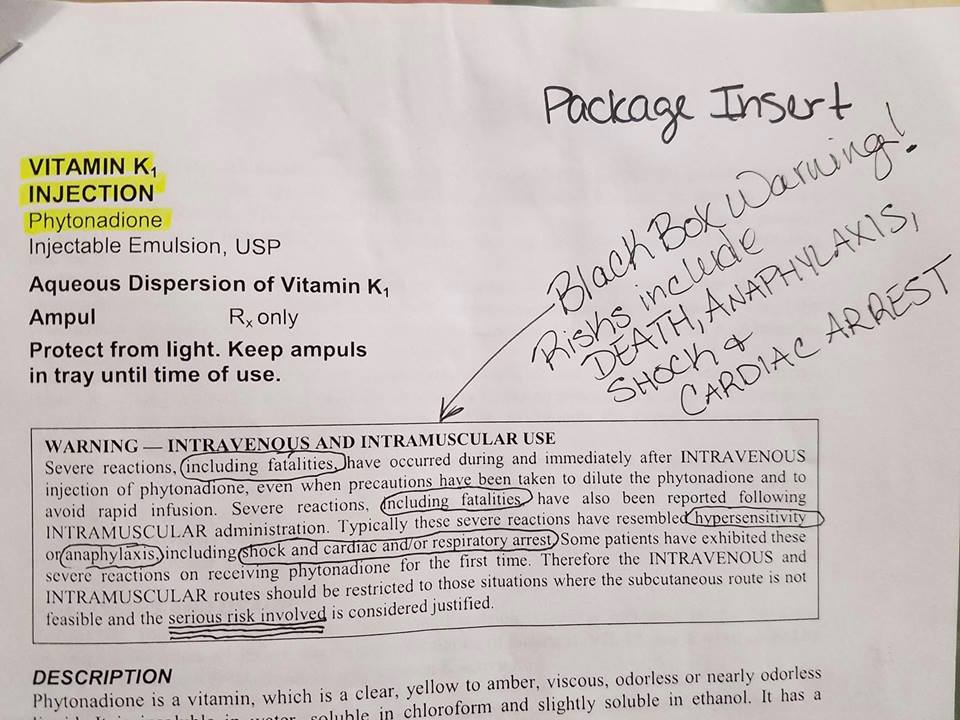

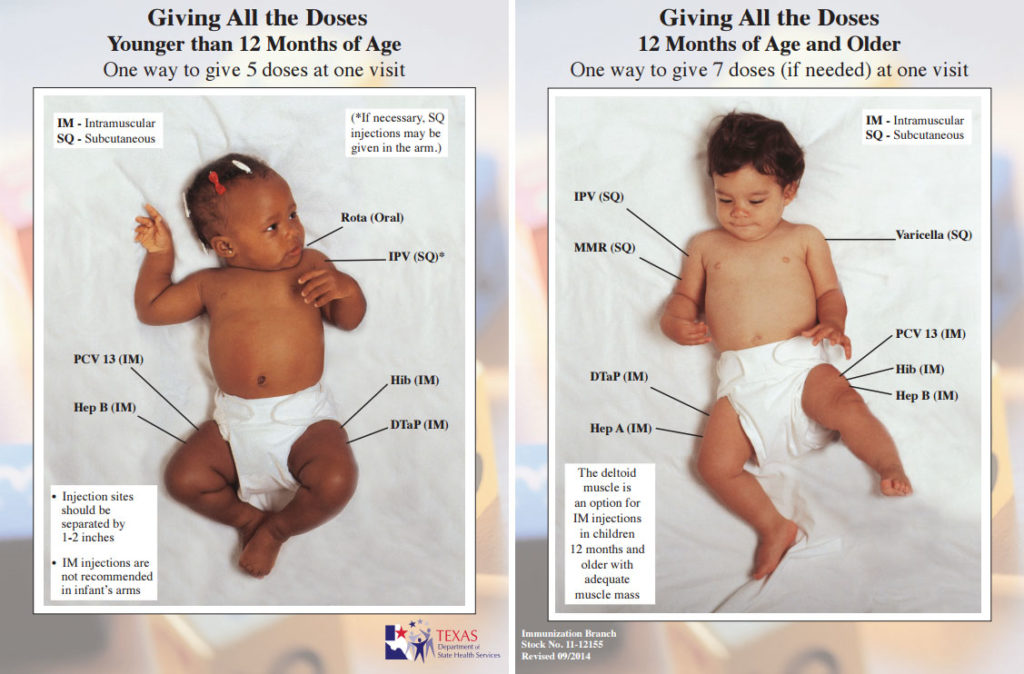
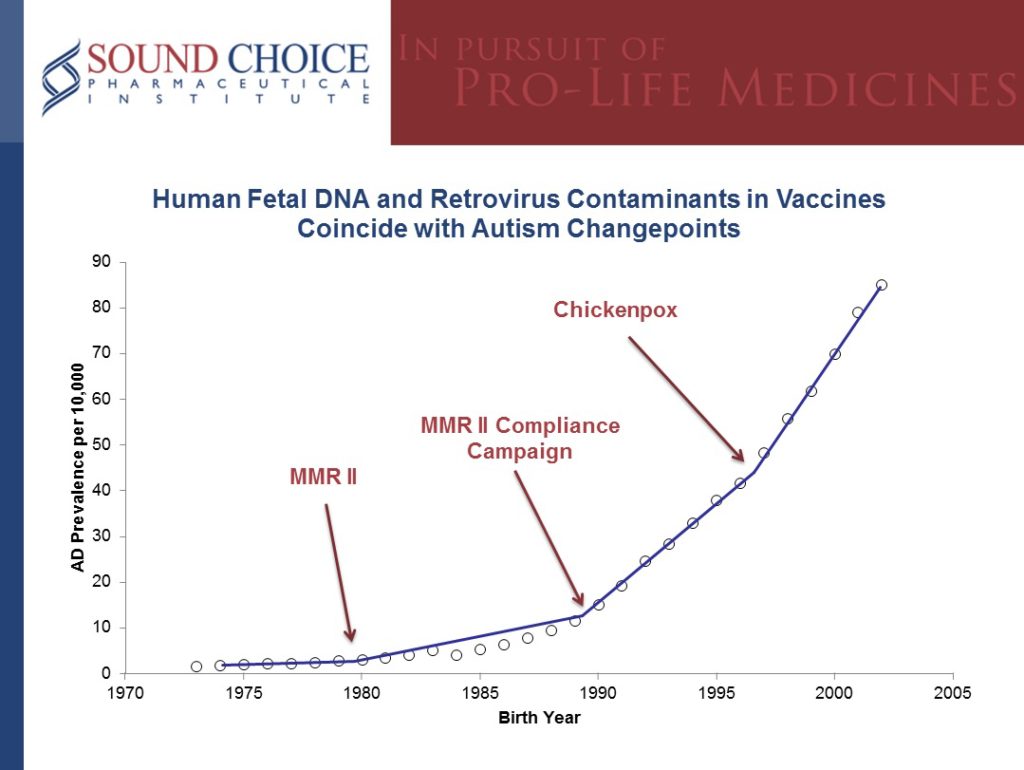
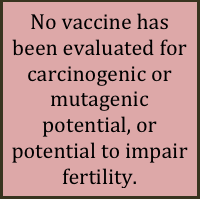
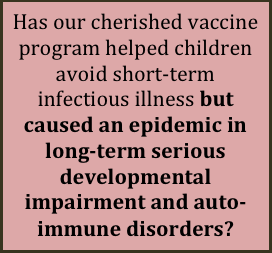

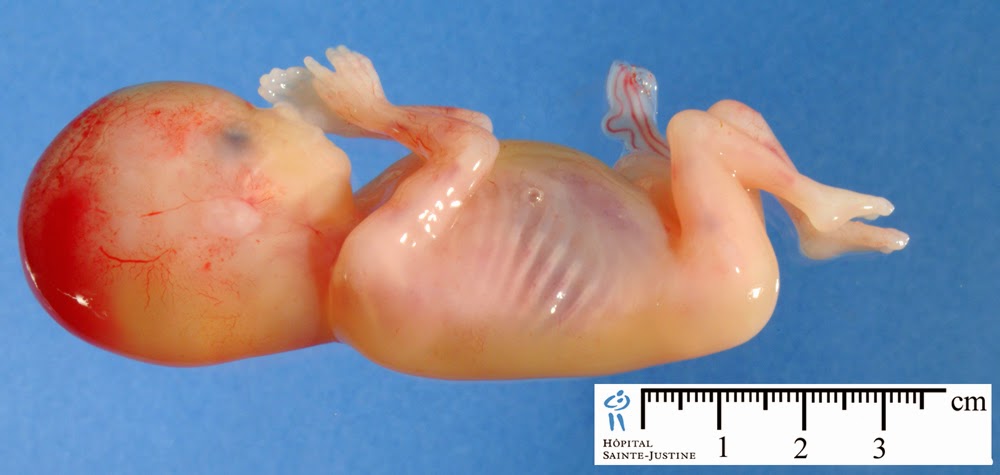
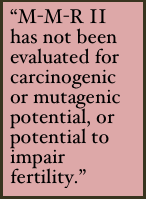


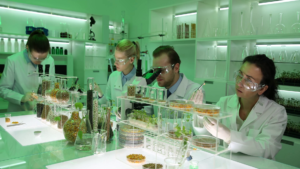
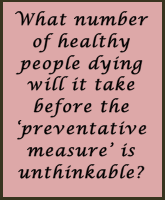


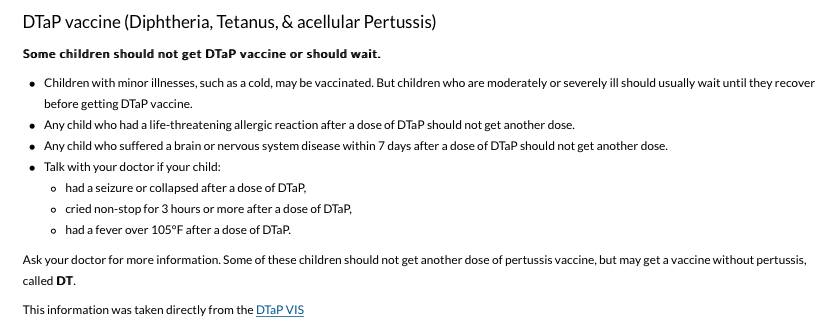
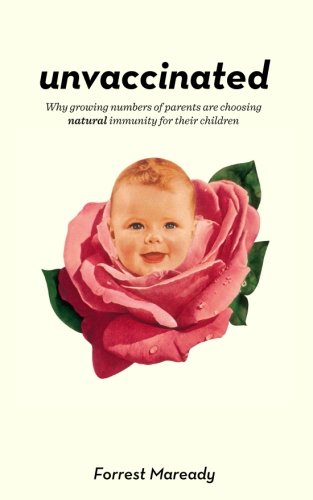
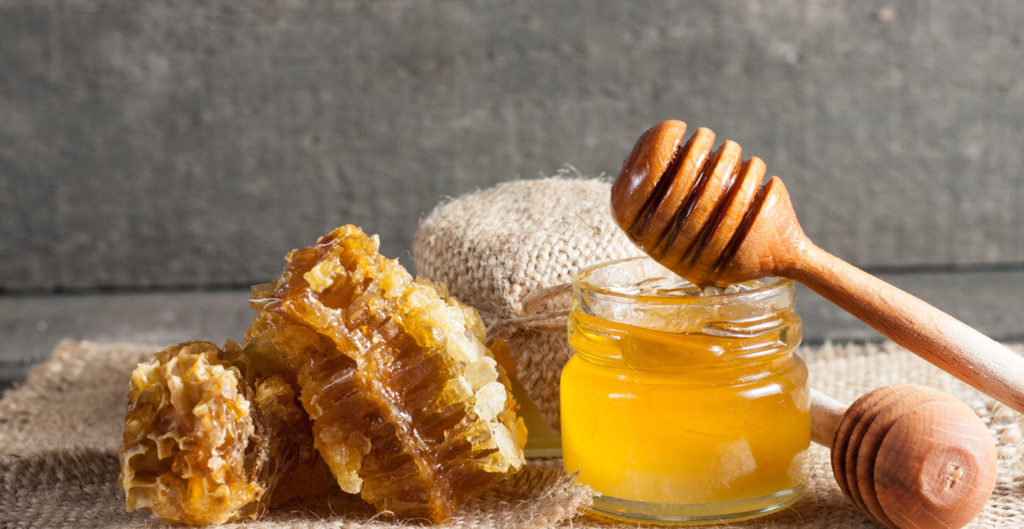
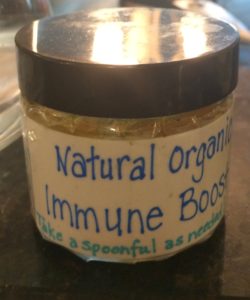
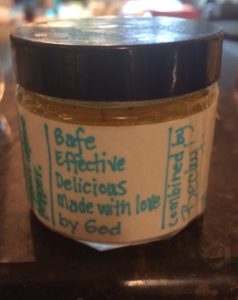
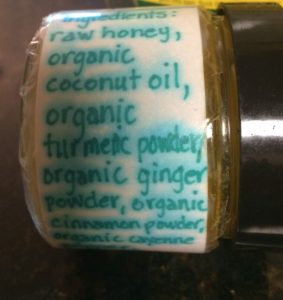
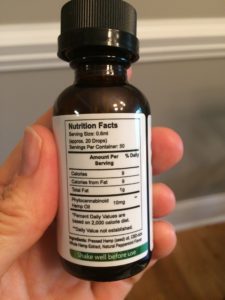


 So the numbers of deaths and injures commonly reported doesn’t reflect the reality.
So the numbers of deaths and injures commonly reported doesn’t reflect the reality.